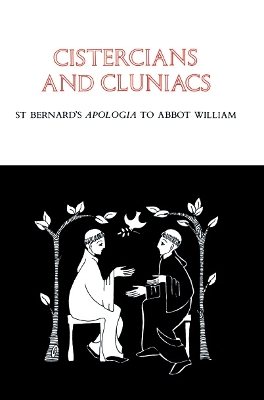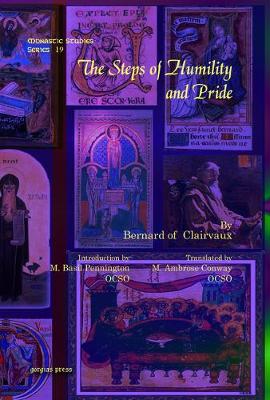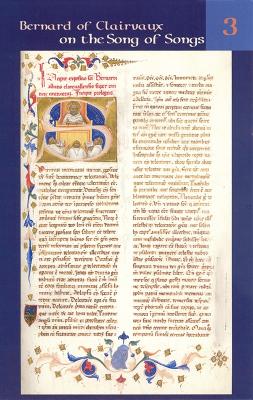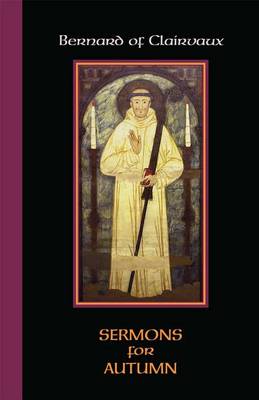Cistercian Fathers
6 primary works
Book 1
A landmark in the 'feud' between Citeaux and Cluny, the Apologia contains Saint Bernard's opinion on the place of graphic arts in the monastery and shows his mastery of satire.
Book 13
The Steps of Humility and Pride
by M. Pennington OCSO, M. Conway OCSO, and Bernard of Clairvaux
Book 19
In Praise of the New Knighthood
by M. Greenia OCSO, Malcolm Barber, and Bernard of Clairvaux
Book 31
These eighty-six sermons are among the most famous and most beautiful examples of medieval scriptural exegesis. In them the modern reader can catch a glimpse of the genius an entire generation found irresistible.
Book 54
Book 84
This last small group of Bernard's sermons to be published in translation by Cistercian Publications rightly goes by the title De varii in the critical edition. While most of them treat feasts on the church calendar, they do so in a somewhat hit-or-miss fashion. Three sermons also deal with God's will, God's mercies, and the gifts of the Holy Spirit. Two sermons for the feast of Saint Victor are a response to a request to Bernard from the monks of Montiéramey; the Bollandist Life of Saint Victor appears here as a complement to those sermons. Besides the nine sermons normally assigned to the De varii, this volume also includes a sermon on the feast of Saint Benedict that was recently added to the collection in Sources Chrétiennes. The survival of this loose assemblage of sermons outside of the organized collections of Bernard's sermons provides a reminder of Bernard as preacher and writer, able despite all his other activities to turn his hand to preaching when called upon. While they treat of disparate themes, they allow us to encounter the quintessential Bernard-speaking of the life of desire, the true meaning of holiness, and the awakening of the spiritual senses in the search for God.





